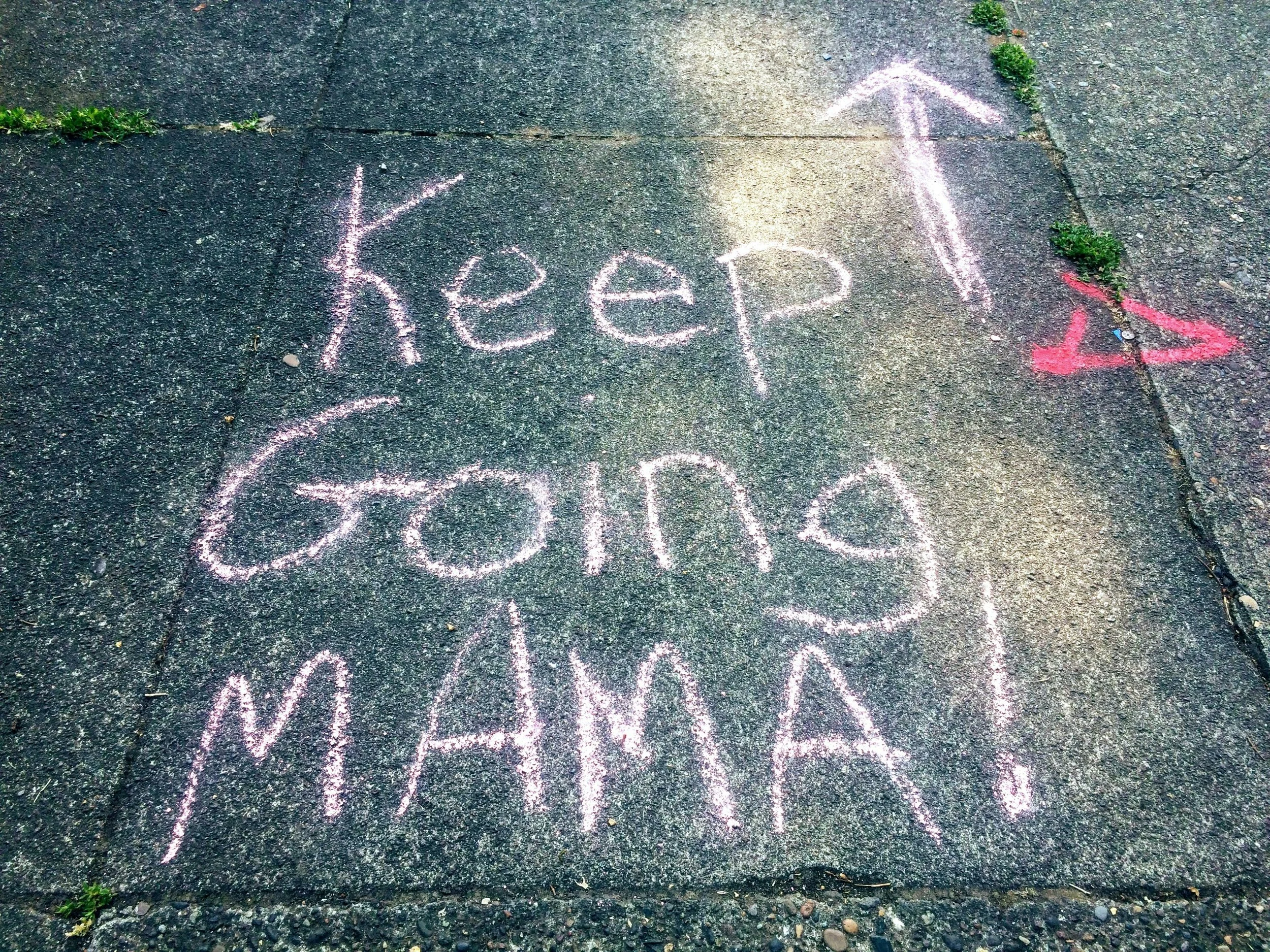
How Long Does Postpartum Anxiety Last?
Wondering how long postpartum anxiety lasts? Learn about the factors that influence its duration and how postpartum therapy can help you manage symptoms and heal faster.

How Can I Calm Postpartum Anxiety?
Feeling overwhelmed by postpartum anxiety? Discover effective strategies to calm anxious thoughts, build healthy routines, and find support with postpartum therapy. I help new moms regain peace and confidence in motherhood.

Can Postpartum Anxiety Affect My Baby?
Can postpartum anxiety affect your baby? Learn how maternal anxiety impacts infant emotional regulation and bonding—and why early postpartum therapy support can help both you and your baby thrive.

Can Postpartum Depression Affect My Baby?
Postpartum challenges can affect your baby’s emotional connection, but with compassionate support and therapy in California, you and your little one can thrive together.

Can You Get Postpartum Depression While Pregnant?
Yes, postpartum depression can begin during pregnancy. Learn about perinatal depression, its symptoms, risk factors, and how early treatment with a postpartum therapist in California can support your mental health before and after birth.

Postpartum Therapy in California: What to Expect
Wondering what postpartum therapy looks like in California? Discover how expert, personalized telehealth support can help you heal from birth trauma, anxiety, and identity shifts—all from the comfort of home.

Finding a Postpartum Therapist Near You: What to Look For and What to Ask
Searching for a postpartum therapist? Learn what credentials to look for, what questions to ask, and how to find a qualified, compassionate provider—virtually or near you in California.

Postpartum Therapy in California: What You Need to Know
Searching for postpartum therapy in California? Learn how specialized virtual support can help with postpartum depression, birth trauma, intrusive thoughts, and more—no matter where you live in the state.

Healing Old Trauma That Resurfaces in Motherhood

Healing the Mother Wound: How EMDR Therapy Supports Moms

Parenting Through Triggers: Why Your Child’s Milestones Bring Up Your Past

The Connection Between Motherhood and the Mother Wound

Generational Trauma and The Mother Wound: Breaking the Cycle

EMDR for Moms: Processing Reemerging Childhood Trauma In Motherhood

Trauma Triggered by Your Child’s Age: Why Motherhood Reopens Old Wounds

Birth Trauma Is Real—Here’s How Therapy Can Help You Heal
Birth trauma is real—and treatable. Learn how EMDR, talk therapy, and somatic practices can help you heal after a traumatic birth. Virtual sessions available across California.

The Mother Wound and PTSD in Motherhood: What You Need to Know

You Don’t Have to Relive It: How Therapy Helps When Parenting Triggers Trauma

What Is the Mother Wound? Understanding Its Impact on Motherhood

What Is a PMH-C? And Why It Matters for Your Mental Health After Baby
Wondering what PMH-C means in therapy? Learn why working with a Perinatal Mental Health Certified (PMH-C) therapist matters after baby—and how it ensures expert care for postpartum depression, anxiety, birth trauma, and more.

